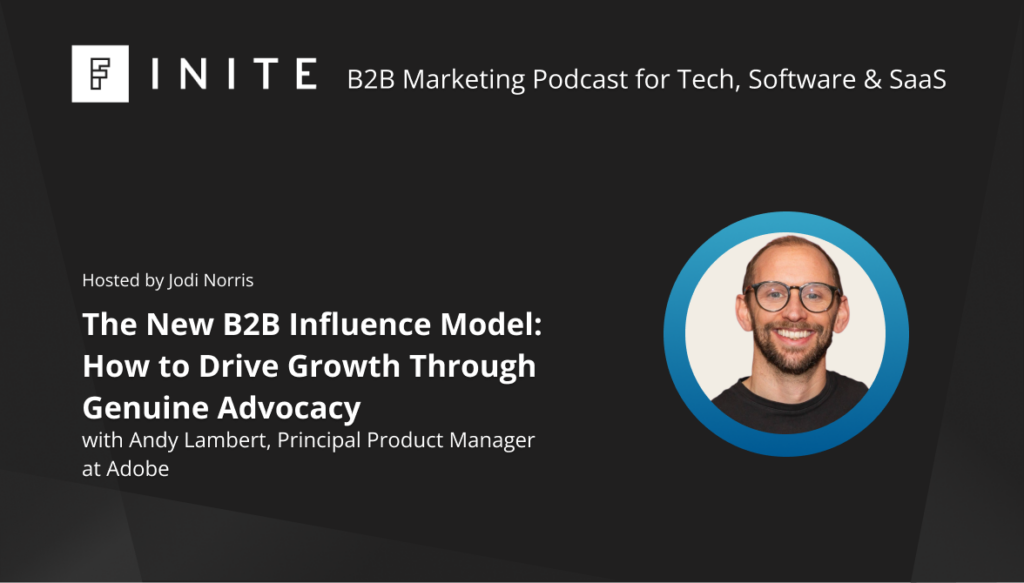8 executives share their insights
The call for more diversity, the fight against inequality, it is not new. What we do see is that the debate is becoming more frequent and intense. In other words, more and more people want a more diverse and inclusive society. What do we see of this in the business world? Does it reflect these changes, or are there still steps to be taken? In honor of Netherlands Diversity Day, our Amsterdam team spoke with our clients around this topic to get their insights.
In the Netherlands we talk a lot about diversity and inclusiveness. We like to think of ourselves as tolerant people in a country where everyone is welcome. But the figures paint a somewhat different picture. A recent survey by Workday showed that Dutch employers are much less intensively involved in diversity and inclusivity than employers in other European countries. Only 19% of those surveyed believe that investing in diversity results in business benefits. So the other 81% of them miss out.
The competitive advantage of diversity
There is no question that diversity and inclusivity are important to create a corporate culture where everyone feels happy, safe and engaged. But there are many other benefits: a diverse workforce fosters innovation and creativity, provides competitive advantage, it makes the organization more productive - and it improves financial performance. "Despite this, you see that about one in five HR leaders downplay the usefulness of diversity, or that the topic is primarily seen as a source of conflict," says Henry Barenholz, Country Manager Netherlands at Workday. "That is a crucial factor why Dutch companies are lagging behind. Our research reveals that diversity is primarily seen as an HR responsibility. But if the benefits of diversity are not appreciated at board level, investments in that area will never be monetized."
Mark Griep, head of PA Consulting Netherlands, wholeheartedly agrees that the business benefits of diversity are underestimated. For him, diversity offers an indispensable edge in innovativeness. "We work at the intersection of two fields, consulting and technology, where innovativeness is essential. For successful innovation it is extremely important that you have different perspectives around the table from all walks of life. If every idea comes from the same angle, you automatically limit your ability to think outside-the-box. Diverse teams in terms of skills, gender and culture, among others, are therefore an absolute asset, because any interaction that brings together the best aspects of ourselves enables us to innovate better for a common future."
"Also in projects where nuance and a good feel for society are critical, a diverse and inclusive team is an absolute asset," says Karin van Geelen, our own Managing Director at Clarity. "The more different viewpoints you bring together, the better you can understand all aspects of an issue and achieve an optimal result."
Technology can remove obstacles
While management buy-in is a key requirement for a more diverse and inclusive company, there are numerous other obstacles. For example, a lack of understanding is a major challenge. "I believe companies genuinely want to address diversity issues, but inequality in the workplace is often defined by very nuanced behaviors, by language, culture and experiences that are not always graspable or obvious," says Antoine Andrews, Chief Diversity & Social Impact Officer at Momentive. "It's not easy to gain insight into the true situation. But technology can help companies gather the right data and analyse it appropriately to identify pain points."
Understanding, of course, is only the beginning. Connection to all the diverse groups within the organization must also be sought in daily work life. Technology can play an important role in evening out differences, believes Damien Hooper-Campbell, Chief Diversity Officer at Zoom. "What always strikes me during remote meetings is that in our Zoom meetings, every cubicle is the same size. No main group sitting in a meeting room in the U.S. chatting socially while people from Bengaluru and Seoul and Amsterdam are waiting on a screen. We are all equal through the lens of technology." He therefore advocates the continued use of technology to connect people of different backgrounds. "Technology is a powerful tool. It can be used to foster division and disagreement, but it can also be used to come closer together, understand each other better and work together for a better future."
A mirror of society
Technology and the will to change notwithstanding, if diversity is not encouraged at the front door of the organization, sustainable change will not follow. But at the front door, you quickly run into prejudice. When it comes to diversity, first impressions can be very damaging in recruitment, observes Eli Barenholz, owner of executive hiring firm GrassGreener. "One challenge is that many companies cling to traditional recruiting methods, while these foster prejudice and therefore maintain the status quo." With GrassGreener, he is fully committed to unbiased recruitment. "Recruitment is still working first impressions and checklists of skills too much. By focusing more on personality and psychological profiles, you not only ensure a better cultural fit, but in my experience automatically also more diversity."
Then, of course, the candidates have to be there. In some sectors, diverse hiring is still insufficient. So there are steps to be taken, believes Stacy Kerkela, Engineering Director at Databricks. "We need more diverse role models in education and should encourage and enthuse underrepresented groups much more actively about traditionally more uniform industries such as engineering and IT. You can see that there is a turnaround, but there is still so much to gain!"
Lise Feng, Director of Corporate Communications at Infoblox, sees an important role for business: "Diversity is key to our business strategy. Study after study shows that diverse teams perform better in the long run. To this end, it is important to set up D&I (diversity and inclusion) and ESG (environment, society and governance) programmes to find, attract and retain employees from different backgrounds. Many companies are already actively working to increase the number of women, ethnic groups and LGBTQ+ employees in their organisations. For other companies, now is the time to kick-start diversity programmes that contribute to those goals - both within the organisation and beyond. It should be part of every company's mission to make a positive impact on the community. Aid groups, external education programmes, charitable donations - we can and should take responsibility for accelerating change."
And so the issue leads back to corporate culture again. The will to change. The realisation that things can - and must - be done differently. "We have no illusions that we already are the ideal and most diverse organisation in the world," says Van Geelen. "But we, and with us fortunately many other organisations, work on educating and creating awareness daily, to ensure that our team and our work environment is inclusive for all."
Photo by Sharon McCutcheon on Unsplash
Share this
MORE
INSIGHT
Fearless tactics to achieve your strategic success
As a consultancy, our full-funnel marketing and communications solutions are designed to fearlessly deliver business results across multiple industries and service areas.









